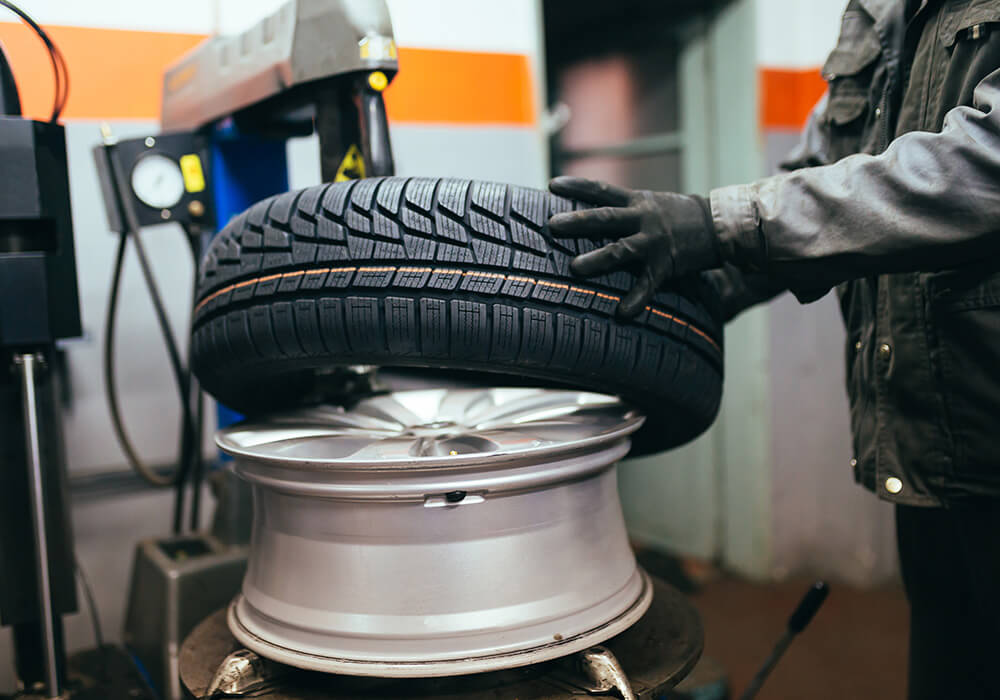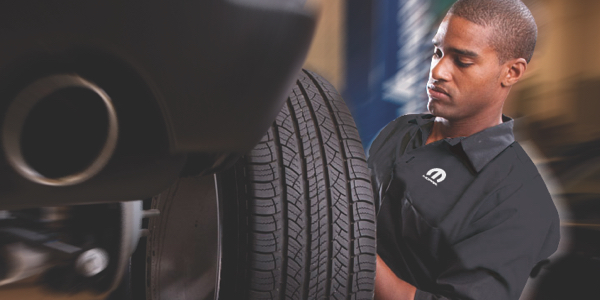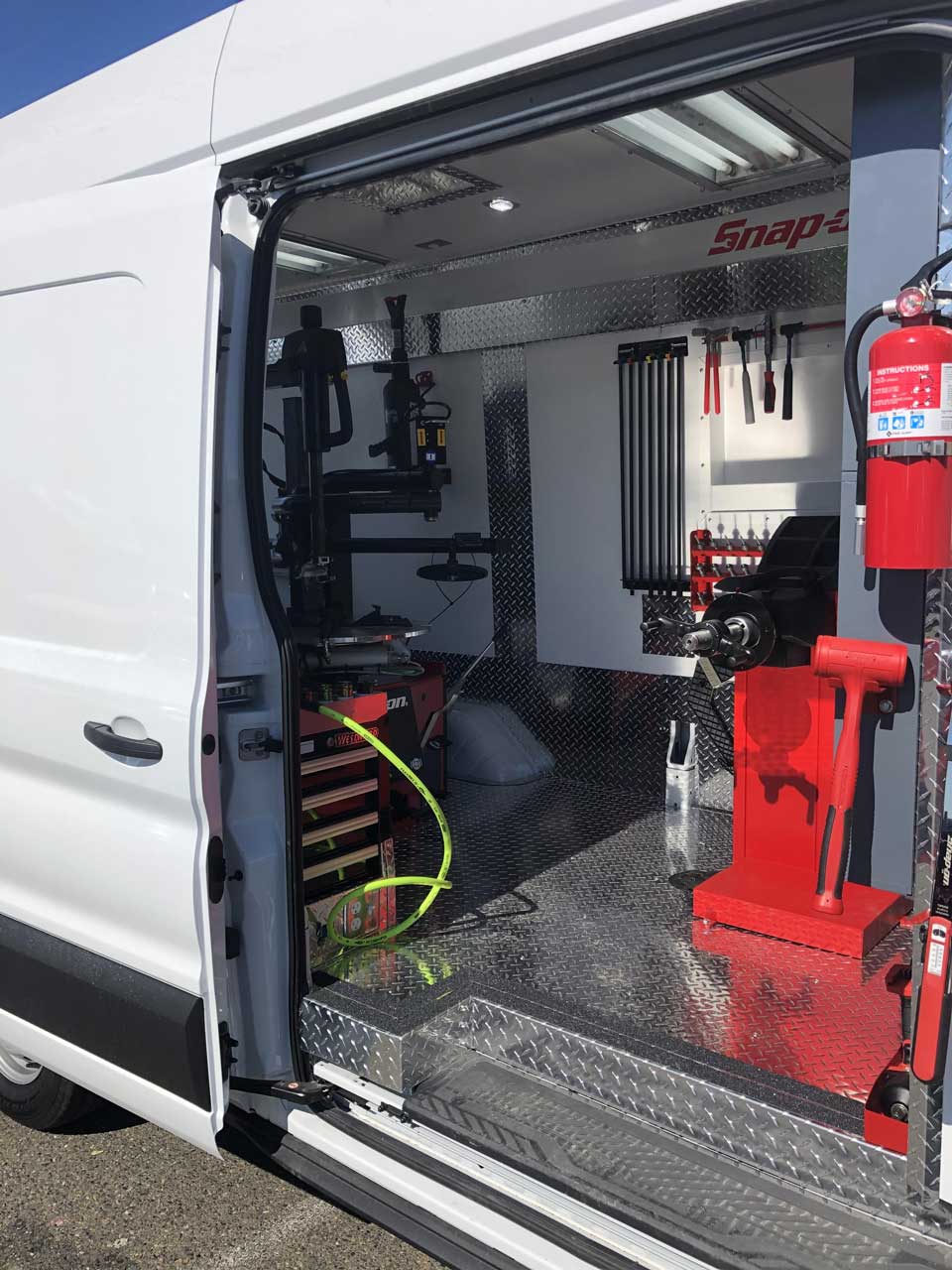Morris Tires: Your Companion for Expert GMC Tires Service
Morris Tires: Your Companion for Expert GMC Tires Service
Blog Article
Tire Service: The Impact of Climate Condition
When it comes to ensuring optimal efficiency and safety on the road, understanding the impact of climate condition on tire service is important. From scorching warm to icy roadways, each weather condition aspect can considerably influence tire capability and total driving experience. By diving right into the effects of differing weather on tires, motorists can get useful understandings that may boost their car's performance and long life. In this discussion, we will certainly discover the intricate relationship in between climate condition and tire service, clarifying the value of weather-specific tire maintenance techniques and factors to consider.
Warmth and Tire Performance
When revealed to high temperature levels, tires experience adjustments in efficiency that can considerably affect vehicle safety and security and handling. The warmth created from prolonged driving or warm climate problems creates the tire rubber to soften, leading to minimized walk life and raised wear.

Cold Weather Impacts
Cold weather condition conditions can have a substantial influence on tire efficiency and safety. As temperature levels decrease, tire rubber can harden, resulting in reduced grip on icy or snow-covered roadways. In chilly weather, tires might also shed air pressure extra swiftly, which can impact handling and gas performance. In addition, cold temperatures can create tire sidewalls to stiffen, raising the risk of damage from gaps or other road hazards.
To mitigate the effects of winter on tires, it is crucial to frequently inspect tire stress and inflate them to the supplier's suggested levels. Using winter or all-season tires designed for winter problems can also boost traction and hold on icy or snowy roadways. Appropriate tire maintenance, including regular assessments for wear and damages, comes to be also extra important during cooler months to make certain optimum performance and safety and security.
Rainy Conditions Effect
Throughout rainy problems, tire efficiency and safety and security can be considerably affected by the wet road surfaces and decreased presence. The tread pattern of tires plays a vital role in keeping traction on wet roads. Tires with worn-out footsteps are much more prone to hydroplaning, where a layer of water accumulates in between the roadway and the tire surface area, leading to loss of traction. To combat this, vehicle drivers need to frequently examine their tires for appropriate tread deepness and think about buying tires especially designed for damp conditions.
Furthermore, stormy climate can also reduce exposure, making it challenging for chauffeurs to see the road in advance plainly (GMC Tire Service). In such conditions, it is vital to adjust driving rates as necessary and maintain a risk-free following distance to allow for unexpected stops. Correctly filled with air tires can likewise help in maintaining control on wet roadways by offering much better handling and grasp
Snow and Tire Safety And Security
Snow-covered roads position special challenges for chauffeurs, stressing the relevance Continued of proper tire option and maintenance. When driving in snowy problems, having the best tires can make a considerable difference in safety and performance. Wintertime tires are designed with unique rubber substances and walk patterns to offer far better traction on snow and ice compared to all-season tires. The much deeper treads and sipes of winter season tires help hold the roadway better, decreasing the threat of sliding and moving.

Additionally, vehicle drivers must take into consideration installing tire chains in extreme snowy problems. Tire chains offer extra grip by gripping the snow and ice, improving security and control. It is vital to follow manufacturer directions when setting up and using tire chains to prevent damage to the tires and automobile (GMC Tire Service). By choosing the appropriate tires, preserving proper inflation, and thinking about added grip help like tire chains, chauffeurs can enhance their security when browsing snow-covered roads.
Weather-Related Tire Upkeep
Weather-related tire upkeep incorporates a range of practices intended at making sure optimum tire function and longevity in various weather condition circumstances. One key element of weather-related tire upkeep is tire stress policy. Checking tire step routinely and changing tires when walk wear reaches a specific depth is essential for preserving traction and stability in unfavorable weather condition.
Conclusion
In verdict, weather condition problems have a substantial impact on tire performance and safety and security. From warmth impacting tire pressure and wear to cold climate reducing traction, it is necessary to consider the weather condition when preserving and making use of tires.
In this conversation, we will check out the elaborate relationship in between weather condition conditions and tire solution, dropping light on the importance of weather-specific tire maintenance practices and considerations.

Report this page